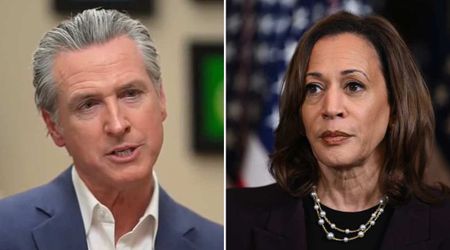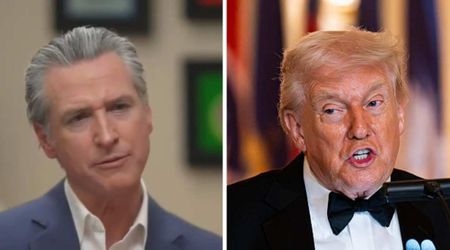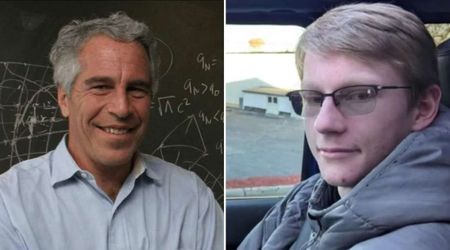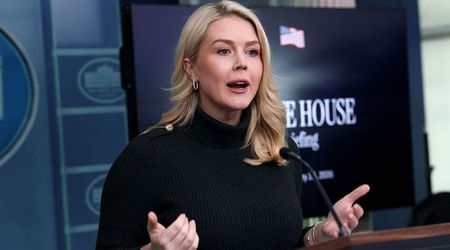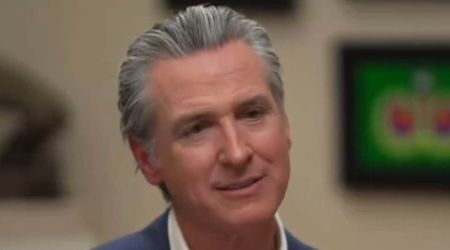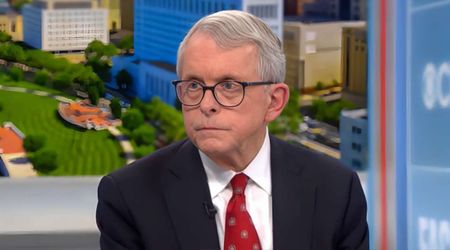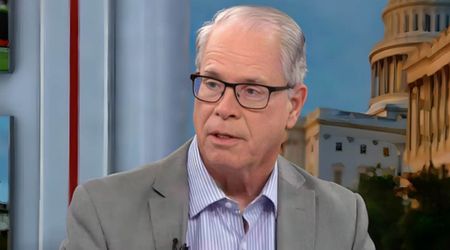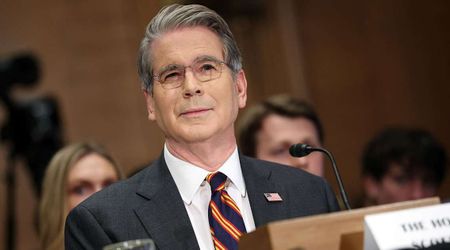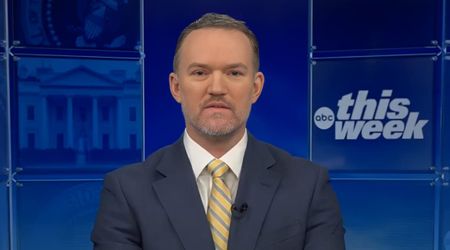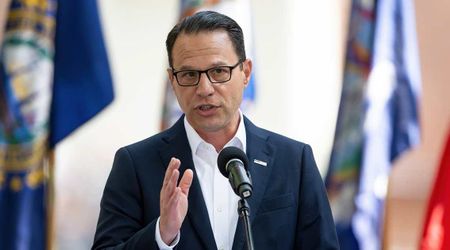Fact check: Did Kamala Harris plagiarize her concession speech from Hillary Clinton's 2016 address?

WASHINGTON, DC: After losing the 2024 election to Republican nominee Donald Trump on Wednesday, November 5, Vice President Kamala Harris gave her concession speech at her alma mater, Howard University, the following morning.
In her address, the Democratic presidential nominee called on her supporters to "accept the results" and remain "optimistic" about the future.
Many people on social media accused Harris of plagiarism, pointing out similarities between her speech and Hillary Clinton's 2016 address to the nation after her defeat to the MAGA spearhead.
Let's find out if there's any truth to the claims.
Claim: Kamala Harris plagiarized her concession speech from the one Hillary Clinton gave in 2016
An X (formerly Twitter) user @DefiyantlyFree shared a comparison video of the two speeches and captioned it "Really lol." The post went viral, garnering more than 2 million views, leading to many criticizing the vice president for "copying" Hillary Clinton's address.
A user wrote, "She took Hills speech put it into Chat GPT and said… rewrite but not to much," while one commented, "They’re being waaaayyyy too ‘nice’ and quiet….dont trust them….they have something up their sleeves."
Another person remarked, "Imagine that, Kamala even plagiarized Hillary’s loss speech too," and an individual added, "Her best speech she ever gave was plagiarized. Telling!"
She took Hills speech put it into Chat GPT and said… rewrite but not to much.
— SummerHatesPedos! 🇺🇸 (@Stillurfvseason) November 7, 2024
They’re being waaaayyyy too ‘nice’ and quiet….dont trust them….they have something up their sleeves
— SouthernSass1971 (@s_sass1971) November 7, 2024
Imagine that, Kamala even plagiarized Hillary’s loss speech too.
— Teagan1776🇺🇸 (@Teagan1776) November 7, 2024
There is no evidence to prove Kamala Harris' speech was plagiarized
The speech delivered by Kamala Harris and the one delivered by Hillary Clinton in 2016 may have the same structural flow of the message but the content and framing of sentences are different in both addresses.
In her speech, Harris said, "Earlier today, I spoke with President-elect Trump and congratulated him on his victory. I also told him that we will help him and his team with the transition," whereas Clinton said in 2016, "Last night, I congratulated Donald Trump and offered to work with him on behalf of our country."
Similarly, Harris said during the speech, "Over the 107 days of this campaign, we have been intentional about building community and building coalitions, bringing people together from every walk of life and background," while Clinton stated, "We've spent a year and a half bringing together millions of people from every corner of our country to say with one voice that the American dream is big enough for everyone."
In other parts of the speech as well, the messages given by both Harris and Clinton were similar but the words spoken during the speech were different.
Conservative activist Christopher Rufo previously accused Kamala Harris of plagiarism
In October, conservative activist Christopher Rufo accused Kamala Harris of plagiarizing passages in a book she co-authored more than a decade ago.

In his Substack piece, "Kamala Harris’s Plagiarism Problem," Rufo, referencing an analysis by so-called famed Austrian plagiarism hunter Stefan Weber, alleged that the vice president lifted "verbatim language" from uncited sources in 'Smart on Crime', a book she co-wrote with Joan O'C Hamilton, according to CNN.
The outlet reviewed passages highlighted by Rufo and found that Harris and O'C Hamilton "failed to properly attribute language to sources."
In response to Rufo's claims, Harris campaign spokesperson James Singer told CNN, "Rightwing operatives are getting desperate as they see the bipartisan coalition of support Vice President Harris is building to win this election, as Trump retreats to a conservative echo chamber refusing to face questions about his lies."
He added, "This is a book that’s been out for 15 years, and the Vice President clearly cited sources and statistics in footnotes and endnotes throughout."

